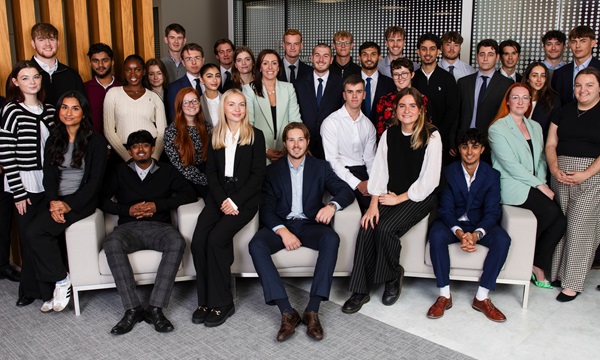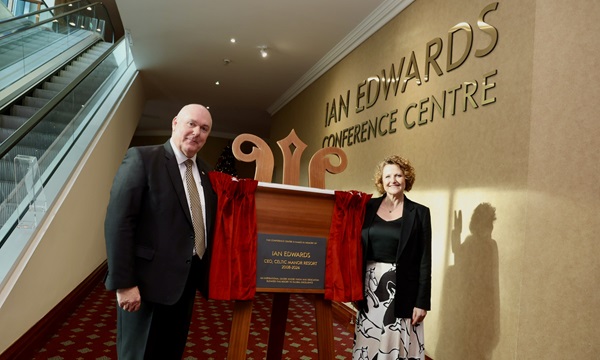Flexible working practices are key to helping workers weather the cost-of-living crisis, especially older people who now find themselves unable to afford to retire.
Based on a survey of 4,500 people and 500 business owners*, Sonovate’s ‘Future World of Work’ report reveals that nearly half (45%) of all workers think freelance working will allow more people to get back into work or earn more income, as they seek to ease the financial burden caused by a rising cost of living.
Six in ten (61%) felt that freelancing was a way to help older people too, when they cannot afford to retire. This is a reversal of the ‘Great Resignation’, a term coined in 2021, describing the record number of people* leaving their jobs following the start of the Covid pandemic in demand for more flexible working. For these older people, flexibility is now vital to help them remain in the workforce as long as they need to, particularly given soaring inflation and high energy bills.
Now in its second year, the ‘Future World of Work’ report shows that flexibility, which was a huge driver for change after the Covid pandemic, remains as important as ever and is still a key requirement for workers (57%). In a step on from last year’s findings, however, flexibility is now increasingly seen not only as a ‘nice to have’, but as a necessity for both businesses and workers.
Two thirds (67%) of businesses say they expect to see an increasing proportion of their staff made up of freelance and contract workers as people seek flexibility and employment on their own terms, maximising their earning potential. Nearly seven in ten (68%) think companies have an obligation to offer more flexibility to their workers to ensure they don’t get into financial difficulty and workers feel confident demand for their services will remain – less than one in five people (14%) are worried about freelance work being more precarious.
Richard Prime, co-founder and co-CEO, Sonovate, said:
“Flexibility hasn’t, until now, been a natural bedfellow for businesses, but companies are acknowledging more than ever that they must embrace rising demands for flexible working, as workers navigate rising inflation and the current recession. Workers are demanding flexibility in many guises and businesses need to become much more creative about the way they structure themselves – culturally, operationally, technologically and financially – to meet these incoming demands and support their workers in this challenging climate.”
The ‘Future World of Work’ report combines this quantitative research with qualitative interviews from business founders, CEOs and thought leaders across the recruitment, financial services, fintech and technology sectors. It will be published in full next month.





















